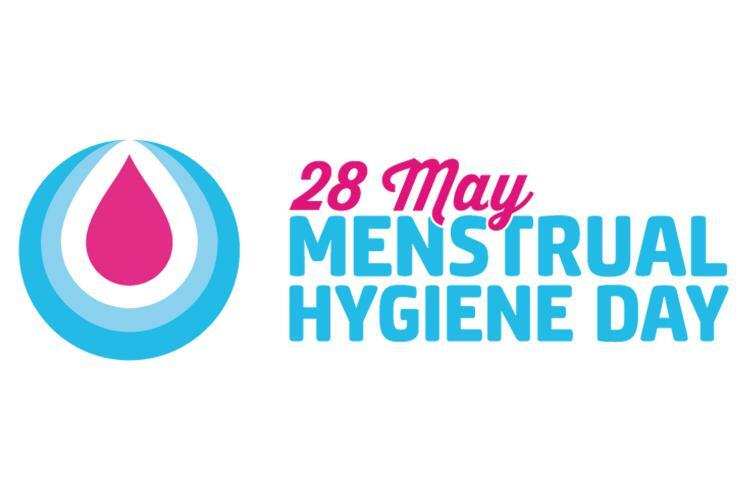
On the occasion of World Menstrual Hygiene Day 2019, it is a good opportunity to highlight LSTM’s growing contribution to research and global action on menstrual health.
Work at LSTM, led by Dr Penelope Phillips-Howard, addresses menstrual health (MH) and a lack of sanitary products in low and middle-income countries. It will help to mitigate gender-health related disparities across the world. Following successful interventions in Kenya, which have seen students able to stay in school, the expertise developed will now be used to research period poverty faced by homeless girls and women living in Liverpool.
Dr Phillips-Howard said: “One in four of the world’s population are women of menstrual age, all of whom deserve the dignity which is taken from them by a lack of available and affordable sanitary products. A lack of sanitary products causes shame and leads to lost dignity, school absence and dropout, factors that could also predispose girls to increased risk HIV/STI, early marriage, high fertility, and thus contribute to health and gender inequities.”
In 2012, funding from the UK-funded Joint Global Health Trials (JGHT) supported a collaboration between LSTM, Kenya Medical Research Institute (KEMRI), US-Centers for Disease Control (CDC), and Safe Water and AIDS (SWAP) to pilot the use and outcomes of menstrual cups versus sanitary pads, against controls’ usual practice in 30 rural Kenyan primary schools.
The study generated important information showing girls in schools struggling with their periods, using makeshift products or just a few pads afforded by the household causing sores and chaffing. This was leading to a loss of dignity; teasing; stress; an inability to engage or concentrate in class and with some girls reporting transactional sex with men/boys to obtain pads. Our community study suggested some 1 in 10 girls resorting to this.
LSTM’s intervention research showed provision of sanitary products improved girls’ schooling experience and ability to engage at school. Prevalence of STI was significantly lower in girls given pads or menstrual cups; and girls provided cups had lower levels of bacterial vaginosis, suggesting cups may help protect girls reproductive health. The current large trial in ~4000 schoolgirls in rural Kenya, also funded by UK’s Joint Global Health Trials (JGHT), builds on these results and is in its final year, finishing in 2020.
Dr Phillips-Howard continued: “Evidence that impoverished and disadvantaged in UK also can suffer from period poverty is just emerging; with DFID pledging to end period poverty by 2030. Knowledge and experiences of international researchers can apply their expertise to tackle period poverty in the UK - ensuring no girl or woman suffers the indignity of not being able to manage her period.”
For further information about Dr Phillip-Howard’s and LSTM’s work in this field read our impact story here.
In addition, LSTM staff donated over 200 boxes of sanitary items to local Liverpool initiatives as the Red Box Projects and Period Project Merseyside.